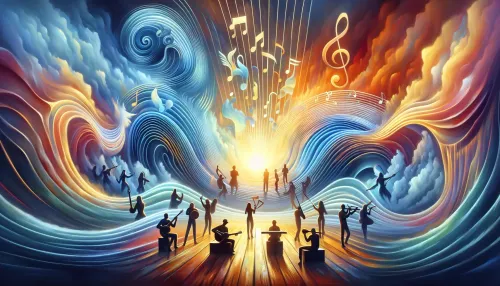The Unseen Artists: How Autistic Children are Influencing Animation Studios
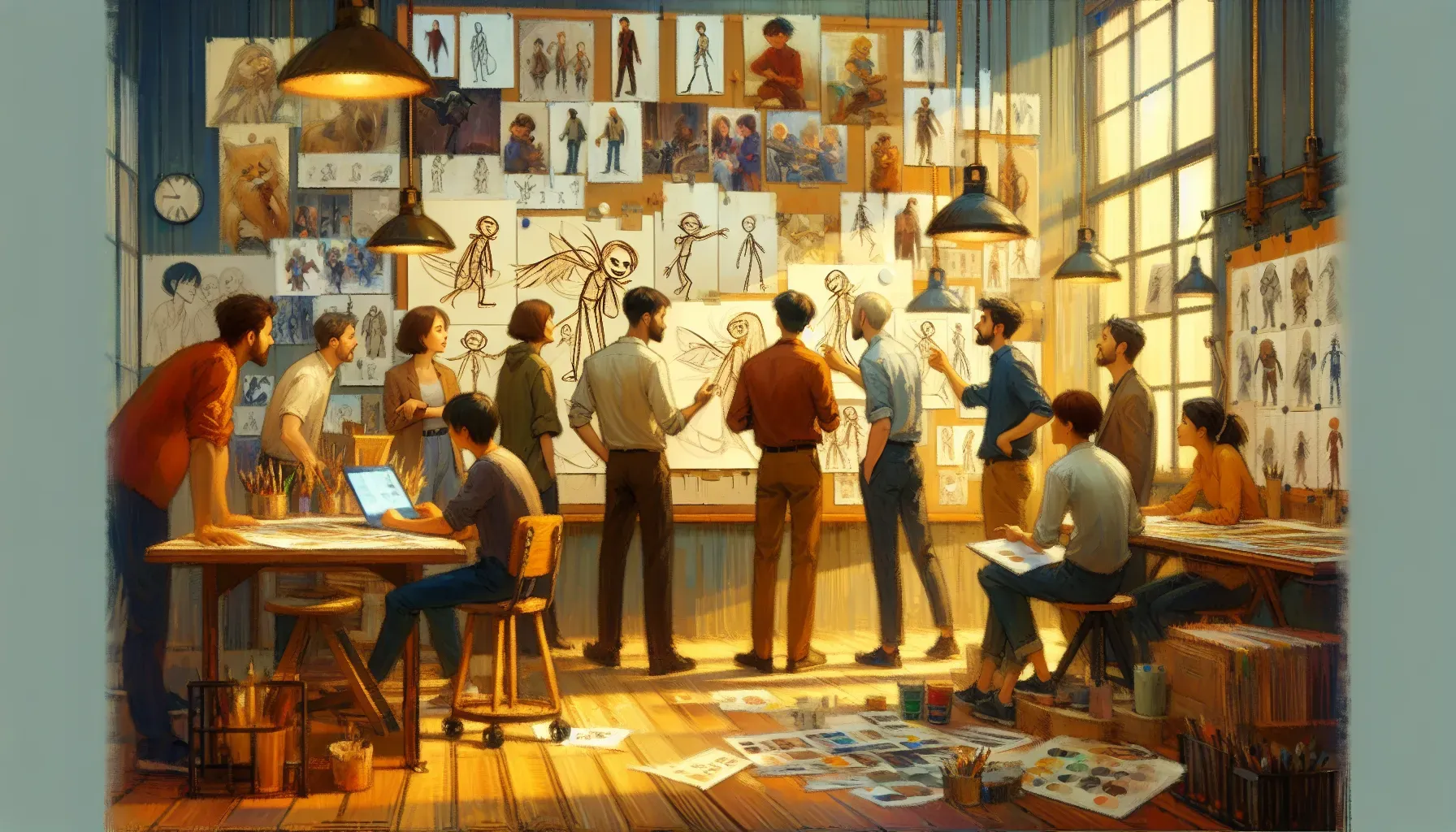
In recent years, the animation industry has seen a significant shift in the portrayal of characters and narratives. Behind this transformation lies a remarkable influence – the valuable insights and perspectives contributed by autistic children. This article explores the profound impact of autistic individuals on animation studios, delving into the collaboration, representation, and future trends that are shaping the industry.
Incorporating Autistic Insights into Character Development
The process of developing animated characters is undergoing a noteworthy evolution, with a growing emphasis on authenticity and inclusivity. Animation studios are now actively seeking input from autistic individuals to shape and enrich their characters. By engaging directly with autistic children, animators can capture nuanced behavioral traits and communication patterns, resulting in characters that resonate more deeply with diverse audiences.
Gone are the days when autistic characters were relegated to the sidelines or portrayed through narrow stereotypes. Today, we witness a remarkable shift as autistic characters take center stage in mainstream media narratives. This departure from traditional tropes not only offers greater representation but also challenges societal misconceptions about autism, fostering empathy and understanding among viewers.
Shattering Stereotypes in Mainstream Media
Empowering collaborations between animation studios and autism advocacy groups have emerged as catalysts for change. These partnerships facilitate a direct channel for animators to gain firsthand insights into the experiences of autistic individuals. By collaborating with autism advocacy groups, animation studios are able to access a wealth of knowledge and expertise, ensuring that their work is not only respectful but also genuinely reflective of diverse neurodiverse perspectives.
Collaborations with Autism Advocacy Groups
The integration of feedback loops involving autistic audiences has become instrumental in refining the portrayal of autistic characters in animation. By seeking input directly from autistic children and their families, animation studios can ensure that their narratives resonate authentically. This inclusive approach not only fosters a sense of belonging among autistic viewers but also sets a new standard for accurate and empathetic representation.
Learning from Autistic Audiences for Better Representation
Recognizing the immense talent and unique perspectives that autistic individuals bring, animation studios are spearheading training programs tailored to neurodiverse individuals. By providing opportunities for autistic individuals to explore creative roles within the industry, these initiatives not only expand career pathways but also nurture an environment where diverse voices are valued and celebrated.
The testimonials from animators who have collaborated with autistic consultants offer valuable glimpses into the transformative impact of these partnerships. From insightful observations about sensory experiences to nuanced portrayals of emotional expressions, animators highlight how working with autistic consultants has enriched their creative process, elevating the authenticity of their animations.
Related Article: Embracing Neurodiversity through Art: A Journey into the Creative Minds of Autistic Children
Training Programs for Hiring Autistic Individuals
The authentic representation of autistic characters in animation transcends entertainment; it serves as a catalyst for broader societal change. By presenting multifaceted and relatable portrayals of autism, animation studios are actively challenging prevailing stigmas and fostering a culture of empathy, respect, and inclusion. The ripple effect of these authentic representations extends far beyond screens, shaping societal perceptions and attitudes towards autism.
Animators' Experiences Working with Autistic Consultants
Looking ahead, the influence of neurodiverse storytelling perspectives is poised to drive compelling trends in animation. As animation studios continue to embrace diverse voices and experiences, we anticipate a rich tapestry of narratives that authentically capture the spectrum of human experiences. From stories centered around neurodiverse protagonists to innovative storytelling techniques that reflect diverse cognitive processes, the future holds a landscape where neurodiversity flourishes as a source of creativity and inspiration.
In conclusion, the intersection of autism and animation has sparked a transformative shift in storytelling, character development, and societal perceptions. As animated works increasingly reflect the authentic voices of autistic individuals, they not only resonate more deeply with audiences but also shape a more inclusive and empathetic world. The invaluable contributions of autistic children stand as testaments to the boundless creativity and insight that thrive within every individual, shaping an animated landscape where every voice finds resonance and celebration.
Frequently Asked Questions
Autistic children are significantly influencing character development in animation by providing unique insights and perspectives. Animation studios actively engage with these children to capture authentic behavioral traits and communication patterns, resulting in characters that resonate more deeply with diverse audiences. This collaboration fosters greater inclusivity and authenticity in animated storytelling.
Autism advocacy groups play a crucial role in animation studios by facilitating collaborations that provide animators with firsthand insights into the experiences of autistic individuals. These partnerships ensure that animated works are respectful and genuinely reflective of neurodiverse perspectives, enriching the narratives and enhancing representation within the industry.
The future of animation is likely to be shaped by neurodiverse storytelling perspectives, leading to innovative narratives that authentically capture human experiences. As studios embrace diverse voices, we can anticipate stories centered around neurodiverse protagonists and unique storytelling techniques that reflect varied cognitive processes, enriching the animation landscape.
Check Out These Related Articles
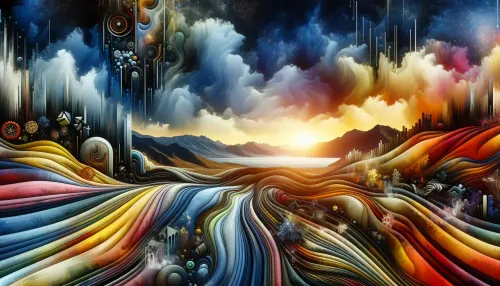
The Spectrum on Screen: Documentaries Unveiling the Truths and Myths About Autism
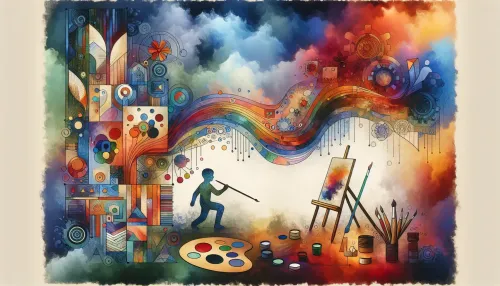
Reimagined Therapies: Art-Based Approaches and Creative Expression Techniques Enriching the Lives of Autistic Children
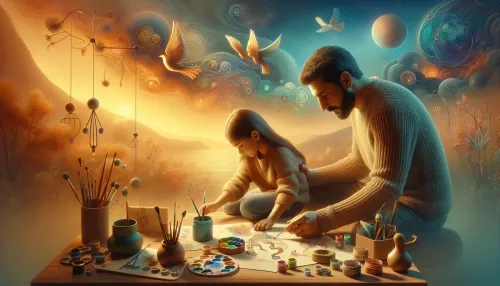
Art Therapy: Unleashing Creativity and Expression in Autistic Children
